The holiday season is a time of joy, celebration, and togetherness. It’s a time when family and friends gather to share meals, exchange gifts, and create lasting memories. However, for many people, this festive season can also bring about a sense of anxiety and guilt due to holiday binge eating and the abundance of delicious, calorie-rich foods.
Binge eating and holidays go hand in hand, in most people’s cases. In this article, we aim to address the topic of holiday binge eating with empathy and non-judgmental information, offering guidance on how to navigate the temptations while still enjoying the season, and working towards coping with holiday binge eating.
Are you struggling with holiday binge eating? Let’s find out more about holiday binge eating, what it looks like, and how to cope with binge eating during the holidays.
Related: The 3 Main Causes Of Binge Eating and How You Can Stop
What Is Holiday Binge Eating?
Holiday binge eating or holiday overeating refers to a pattern of excessive and uncontrolled eating during the holiday season, typically characterized by consuming large amounts of high-calorie foods in a short period.
It often occurs in response to the abundance of delicious and indulgent treats that are commonly associated with holiday celebrations. You may engage in holiday binge eating due to various reasons, such as social pressures, emotional triggers, or a mindset of “it’s only once a year.”
While occasional indulgence is a normal part of the holiday season, holiday overeating can lead to feelings of guilt, physical discomfort, and a negative impact on overall well-being, which is why controlling it is crucial for your health.
Understanding what is holiday binge eating allows you to approach the topic with empathy, seek support if needed, and adopt strategies to find balance and moderation in your eating habits during this festive time.
Let’s find out more about binge eating and holidays.
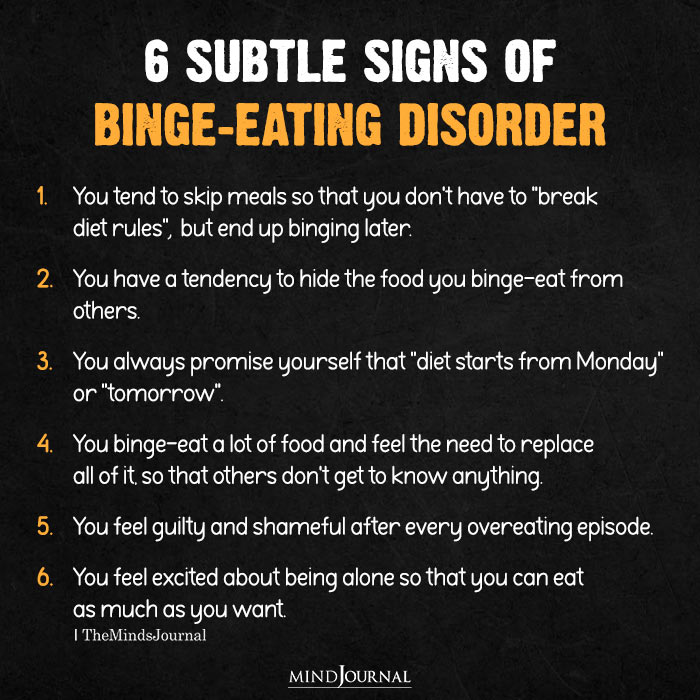
8 Signs Of Holiday Binge Eating
1. You find yourself frequently overeating.
One of the signs of holiday binge eating is frequently consuming large amounts of food in a short period, even when not physically hungry. This can lead to feeling uncomfortably full, bloated, and experiencing guilt or shame afterward.
This behavior can be triggered by the availability of tempting treats and societal pressures to indulge.
It’s important to remember that holiday gatherings often revolve around food, and the abundance of tempting treats can make it challenging to resist overeating.
Many people find comfort in indulging during special occasions, and it’s crucial to approach this behavior with empathy and understanding.
2. You feel like you’re losing control.
Another sign of holiday overeating is feeling a loss of control when it comes to food. You may find yourself unable to stop eating, even if you’re already full or not enjoying the food as much. This loss of control can be distressing and contribute to feelings of guilt.
Recognize that loss of control and overeating during the holidays is common and can be triggered by various factors, such as emotional stress, social pressures, or simply the availability of tempting foods.
Avoid judgment and self-criticism, as it can exacerbate negative feelings and impact your relationship with food.
3. You indulge in secretive eating.
Engaging in secretive eating behaviours is another sign of binge eating during holidays. This may involve hiding or hoarding food, eating alone or in isolation, or feeling a sense of shame or embarrassment about your eating habits.
Understand that struggling with holiday binge eating is often driven by feelings of shame and a desire to avoid judgment from others.
It’s essential to create a safe and non-judgmental environment where you can openly discuss your feelings and seek support from loved ones or professionals if needed.
Related: 5 Effective Ways To Train Your Brain To STOP Overeating
4. You find yourself engaging in emotional eating more often.
Holiday binge eating is closely linked to emotional eating, where food serves as a means of coping with challenging emotions like stress, sadness, and loneliness.
During the holiday season, it’s common to seek solace or distraction through food, using it as a source of comfort. This emotional connection to eating can contribute to overindulgence and feelings of guilt or regret.
Emotional eating is a common response to emotional distress, and it’s important to approach this behavior with compassion.
Recognize that using food as a coping mechanism is a learned behavior and that there are alternative strategies for managing emotions, such as engaging in hobbies, practicing self-care, or seeking professional support.
5. You have obsessive thoughts about food.
What is holiday binge eating? This sign is one of the major giveaways.
When thoughts about food consume your mind, from planning indulgences to fixating on the next meal or holiday feast, it may indicate that you are struggling with holiday binge eating.
This preoccupation with food can take a toll on your mental well-being and hinder your ability to fully immerse yourself in the joy of the holiday season. Rather than being present in the moment, you may find yourself distracted by thoughts of food.
Understand that the focus on food during the holidays can be overwhelming, and it’s normal to have thoughts about indulging.
Rather than judging these thoughts, try to redirect your attention towards the joy of spending time with loved ones, engaging in activities you enjoy, and creating meaningful memories.
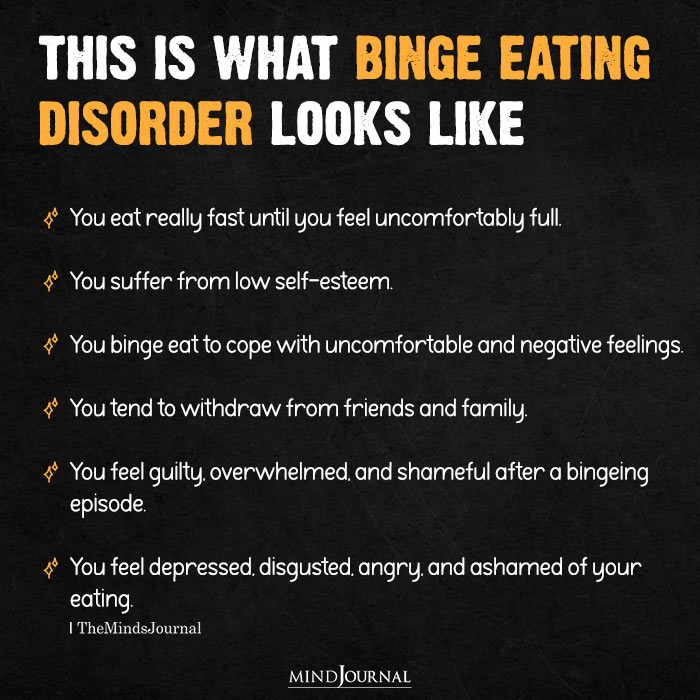
6. You feel guilty and ashamed.
Experiencing intense guilt or shame after holiday meals or indulgences is a common sign of holiday binge eating. These negative emotions can further perpetuate a cycle of overeating and impact your self-esteem. Every time you eat a bit more than normal, you start feeling like you have failed, or that you are a glutton.
It’s essential to approach feelings of guilt or shame with compassion and self-acceptance. Remember that indulging during the holidays is a normal part of celebration and does not define your worth or character.
Practice self-compassion and focus on nurturing a positive relationship with food and yourself.
7. You experience physical discomfort.
Holiday overeating often results in physical discomfort, including bloating, stomach aches, and an overwhelming feeling of fullness. These uncomfortable sensations arise from consuming excessive quantities of food, especially rich and high-calorie dishes commonly associated with the holiday season.
The discomfort can be distressing and may impact your overall well-being, causing you to feel sluggish, lethargic, or even experience disrupted sleep.
Acknowledge that physical discomfort is a natural consequence of overeating and not something to be ashamed of. Listen to your body’s cues and take time to rest and recover. Your body will always let you know when something’s wrong or when it has had enough.
You can also engage in gentle movements, such as a leisurely walk, to aid digestion and alleviate discomfort.
Related: Why Can’t I Stop Overeating?
8. You can feel a negative impact on your overall well-being.
What is holiday binge eating? This sign is one of the major giveaways.
When you are struggling with holiday binge eating, it can have a negative impact on your overall well-being, be it physical, mental, emotional, or psychological. It may contribute to weight gain, low energy levels, disrupted sleep patterns, and feelings of low self-esteem or dissatisfaction with your body.
Recognize that the negative impact on your well-being is not solely due to your personal choices but influenced by a complex interplay of emotions, societal pressures, and cultural expectations.
Focus on your holistic well-being by prioritizing self-care, engaging in activities that bring you joy, and seeking support from professionals if needed.
Now that we know what holiday binge eating is and it’s signs, let’s find out a few strategies for coping with holiday binge eating.
How To Cope With Binge Eating During the Holidays?
If you are trying to cope with binge eating during the holidays, then these strategies can help you navigate these situations more effectively.
Here are some effective tips to help you cope with binge eating during the holidays, and will also help you with controlling holiday binge eating.
1. Plan ahead.
Before attending holiday gatherings or parties, create a plan for managing your eating. Decide in advance how you want to approach the event, such as sticking to specific portion sizes or focusing on healthier food options.
2. Practice mindful eating.
One of the best ways when it comes to controlling holiday binge eating is to practice mindful eating during holiday meals.
Slow down, savour each bite, and pay attention to your body’s hunger and fullness cues. This will help you avoid overeating and stay more in tune with your body’s needs.
3. Try to maintain balance.
When it comes to binge eating and holidays, allow yourself to enjoy your favorite holiday treats in moderation, but also aim to incorporate nutritious foods into your meals.
Fill your plate with vegetables, lean proteins, and whole grains to ensure you’re getting a balance of nutrients.
4. Stay away from restrictive diets.
Restricting yourself from certain foods or following strict diets can often lead to feelings of deprivation and increase the likelihood of binge eating. Instead, focus on intuitive eating and finding a healthy balance that works for you.
Related: How To Stop Compulsive Overeating: 8 Practical Ways
5. Try to manage stress as much as you can.
When it comes to dealing with holiday binge eating implementing stress-management techniques, such as deep breathing exercises, meditation, or engaging in activities can help you relax and unwind.
6. Seek support.
If you’re working towards coping with holiday binge eating, consider seeking support from a healthcare professional or joining a support group. They can provide guidance, coping strategies, and a safe space to discuss your challenges and successes.
7. Engage in self-care.
One of the best ways for controlling holiday binge eating is by taking care of yourself beyond just managing your eating. Engaging in self-care activities can help reduce stress and improve overall well-being.
Prioritize activities that bring you joy, such as exercise, spending time with loved ones, pursuing hobbies, or practicing relaxation techniques.
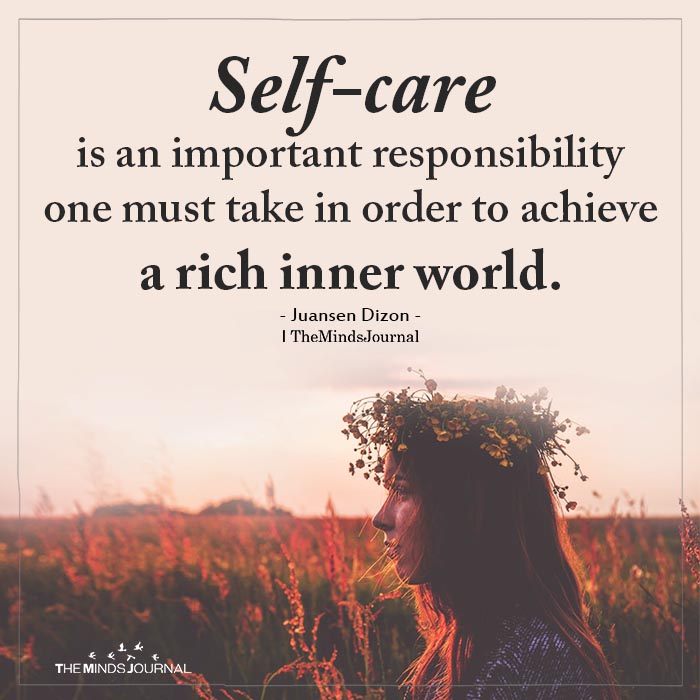
8. Reflect and learn.
When it comes to binge eating and holidays, always remember this. If you do experience a binge-eating episode, try not to dwell on it or beat yourself up. Instead, take it as a learning opportunity.
Reflect on the triggers, emotions, or situations that may have contributed to the binge, and think about how you can handle them differently in the future.
Takeaway
The holiday season should be a time of joy, connection, and celebration, not a source of stress or guilt about food. By approaching the topic of binge eating during the holidays with empathy, non-judgment, and knowledge, we can develop a healthier mindset and navigate the temptations that come our way.
Related: How Yoga And Mindful Eating Can Be Beneficial For You
When it comes to coping with holiday binge eating, remember to practice mindful eating, set realistic expectations, and implement practical strategies to manage binge eating. Embrace the holiday spirit, savor the flavors, and prioritize your well-being.
Frequently Asked Questions (FAQS)
Why do I binge eat during the holidays?
You might be binge eating during the holidays due to increased food availability and variety, coupled with emotional triggers such as stress, social gatherings, and nostalgia.
How do you recover from holiday binge eating?
Recovering from holiday binge eating involves getting back to regular eating patterns, practicing self-compassion, and prioritizing balanced meals with mindful eating to regain a sense of control and well-being.
How do I avoid binge eating on holiday?
To avoid binge eating during the holidays, plan ahead by setting realistic expectations and goals, and practice mindful eating by listening to your body’s hunger and fullness cues while enjoying a variety of foods in moderation.
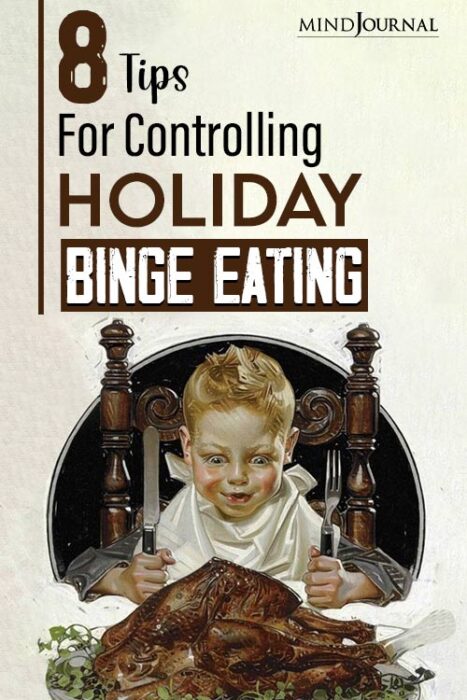
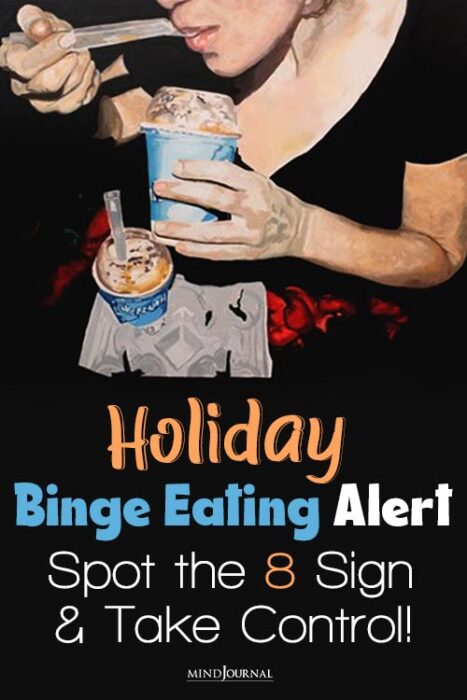
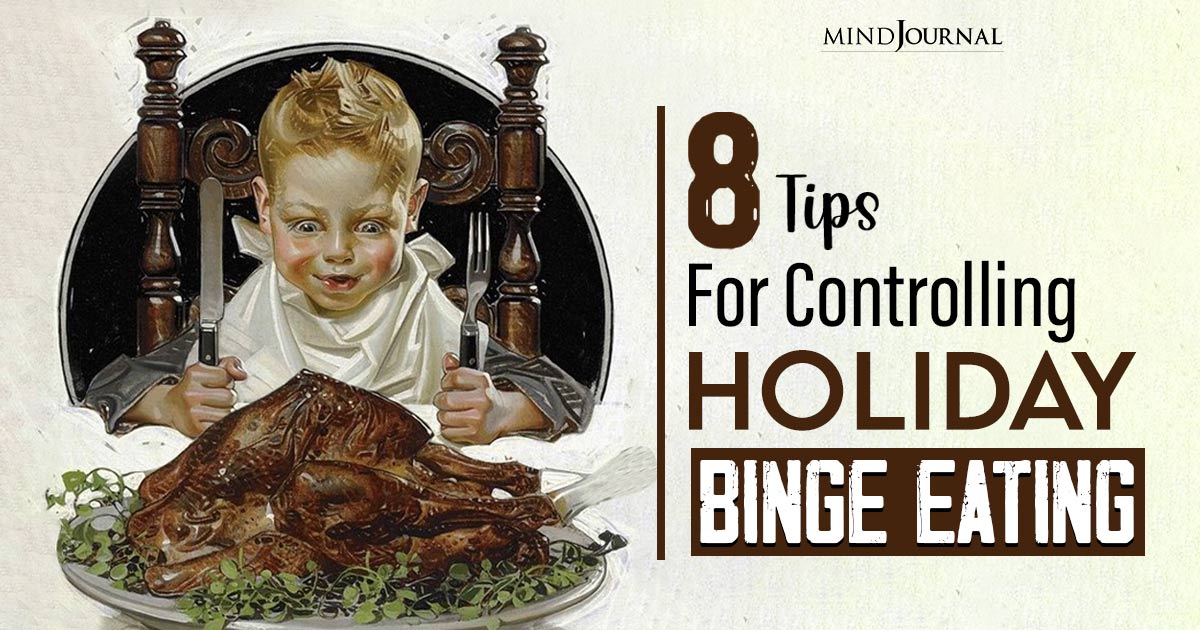







Leave a Reply
You must be logged in to post a comment.